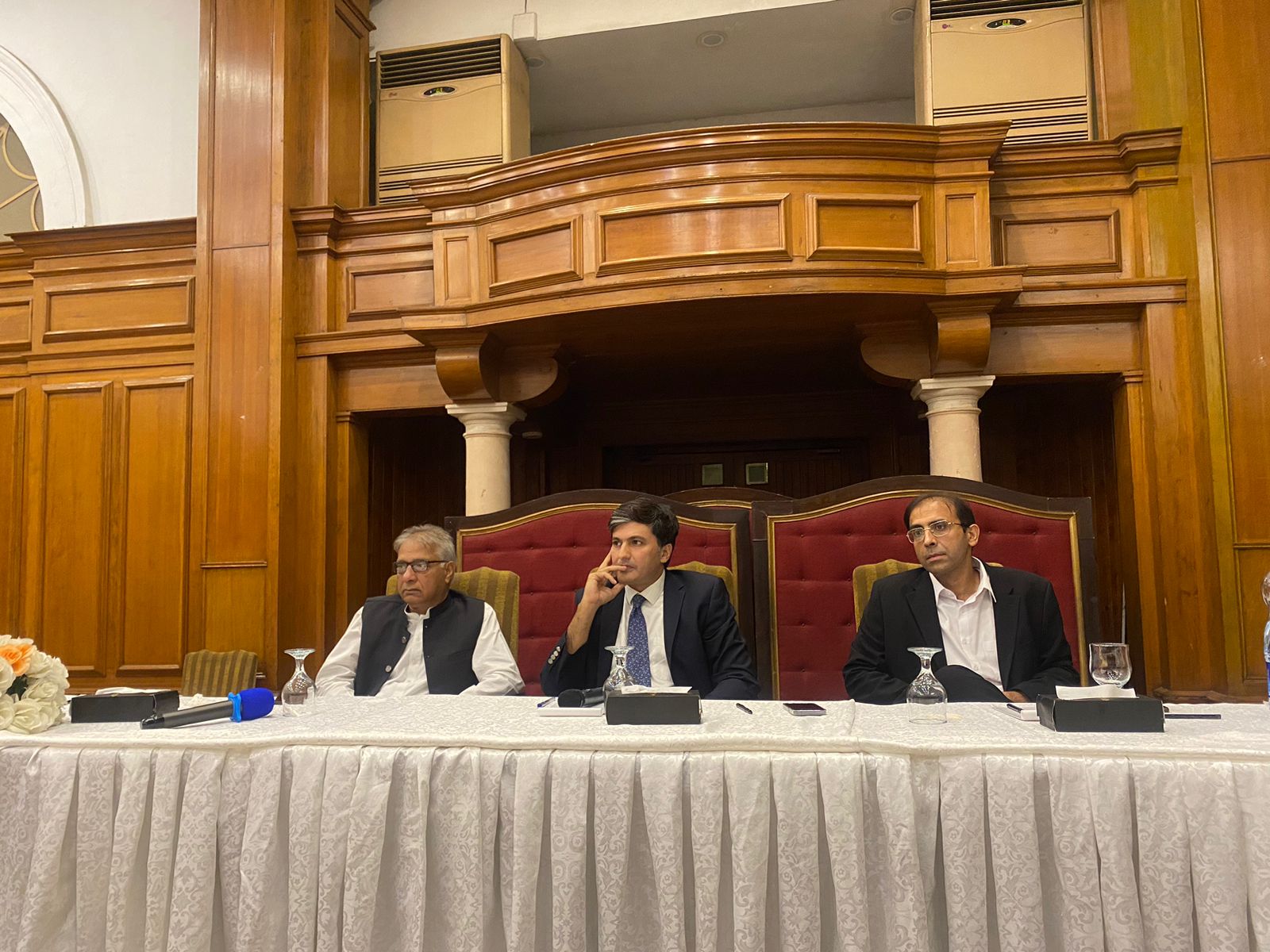News Desk
Lahore, August 28, 2024:
The Centre for Social Justice (CSJ) recently held a briefing to mark the 10th anniversary of the landmark Supreme Court judgment on minorities’ rights (SMC No. 1/2014), authored by former Chief Justice Tassaduq Hussain Jillani. The event highlighted concerns over the federal and provincial governments’ lack of progress in implementing the court’s directives aimed at protecting religious freedom and minorities’ rights.
The briefing featured speeches from key figures, including Peter Jacob, Executive Director of CSJ; Saroop Ijaz, Advocate; and Saqib Jillani, Advocate Supreme Court, with Naina Samson serving as the master of ceremonies. The event was attended by a diverse group of lawyers, journalists, and human rights defenders.
Peter Jacob expressed disappointment over the continued non-compliance with the Supreme Court’s judgment, pointing to systemic weaknesses across various levels of governance. He criticized the government’s failure to develop a curriculum in accordance with Article 22(1) of the Constitution of Pakistan and its inadequate efforts to establish a national commission for minorities’ rights in line with the UN Paris Principles. Jacob urged the government to take decisive action to address these issues and called for the reconstitution of the Supreme Court’s implementation bench, which has not held a hearing in over a year and a half. He also proposed granting contempt powers to the One-man Commission to enhance its effectiveness in enforcing the judgment.

Saqib Jillani emphasized the need for coordinated efforts among all branches of government—executive, legislative, and judiciary—as well as other state institutions to uphold the constitutional principles of equality and non-discrimination. He called on the Supreme Court to play a more proactive role in ensuring the enforcement of its 2014 judgment, and urged lower courts to approach cases involving minorities and vulnerable groups with greater empathy and compassion.
Saroop Ijaz noted that the 2014 judgment had the potential to significantly advance religious freedom and promote a tolerant society in Pakistan. However, he attributed the lack of progress to the absence of political will and capacity among government stakeholders. Ijaz stressed that it is the government’s responsibility to implement the court’s directives and urged that the issue of non-compliance be brought to the political agenda, particularly within the cabinet and standing committees.
During the event, CSJ launched its assessment report titled “A Decade of Non-Compliance,” which evaluated the extent to which the Supreme Court’s directives have been followed. The report revealed that none of the original seven directions issued by the court were fully implemented by either the federal or provincial governments, despite 34 hearings by the Supreme Court’s implementation bench and 89 supplementary directions issued over the past decade. The Sindh government achieved the highest compliance score, with 9 out of 25, followed by Punjab with 8/25, Balochistan with 6/25, and Khyber Pakhtunkhwa with 5/25. The federal government received the lowest compliance score, indicating stalled progress in adhering to the court’s directives.


